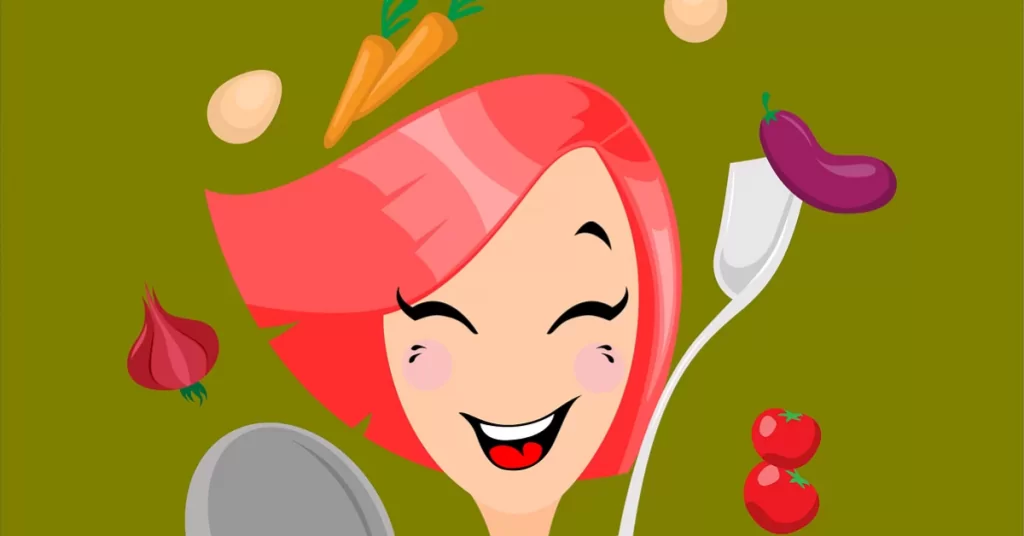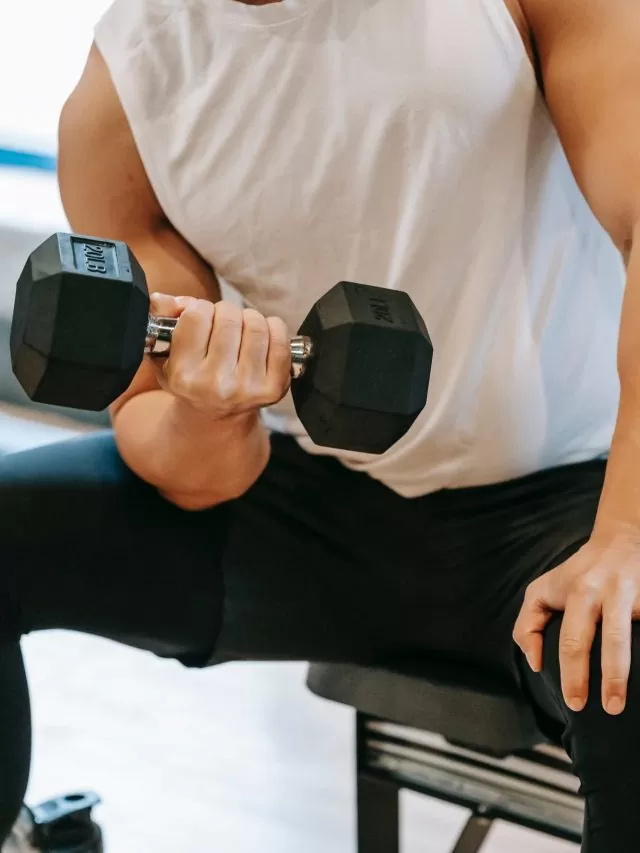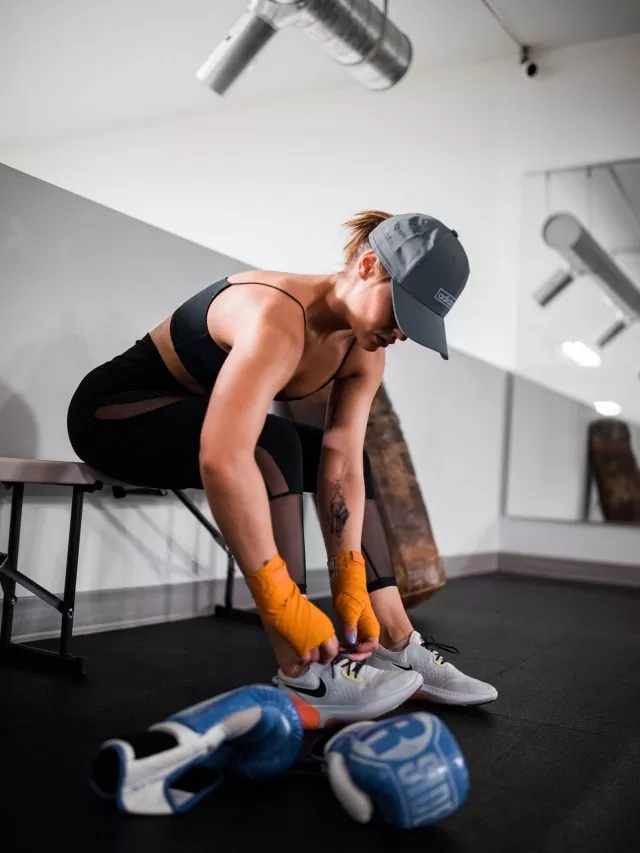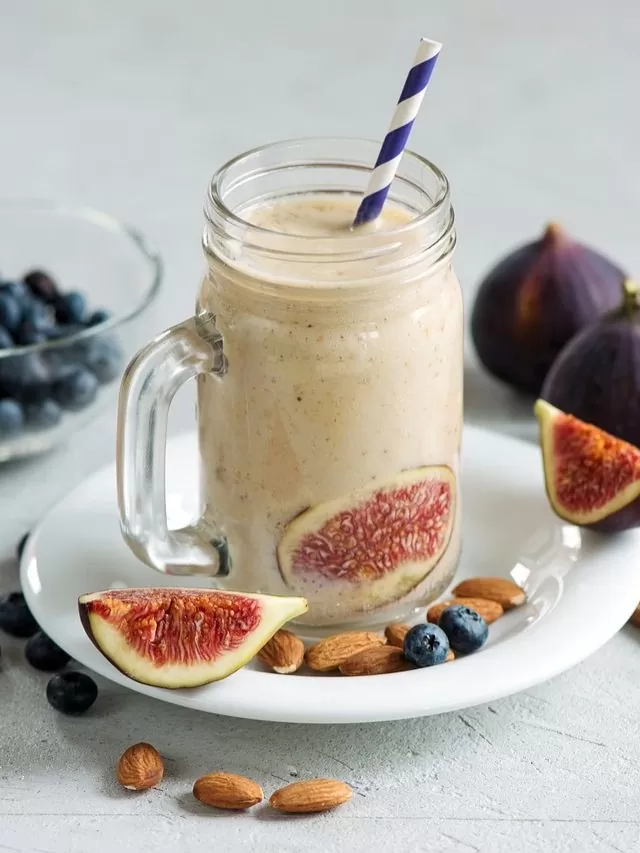There’s a lot of debate about what kind of diet is best for building muscle. Some people say that you need to eat a lot of protein, while others say that you need to eat more carbs. So, what’s the right diet if you want to build muscle? The answer may surprise you. It turns out that there’s no one-size-fits-all answer to this question. Instead, the best diet for building muscle depends on your individual goals and preferences. In this blog post, we’ll take a closer look at some of the different options available and help you choose the right diet for you.
Muscle Building Diet: What Type of Diet Will Help You?
There are a few different types of diets that can help you build muscle, but the most effective one is a high-protein diet. Protein is essential for building muscle, so you need to make sure you’re getting enough of it in your diet. A high-protein diet typically includes lean meats, poultry, fish, eggs, and dairy products. These foods are all rich in protein and other nutrients that are essential for building muscle.
If you’re looking to build muscle, you should aim to consume around 0.8-1 gram of protein per pound of body weight. So, if you weigh 150 pounds, you should be consuming at least 120 grams of protein per day. This may seem like a lot, but it’s actually not that difficult to reach if you’re eating the right foods. For example, a 6-ounce chicken breast has around 54 grams of protein, and a large egg has about 6 grams of protein. So, if you eat just two chicken breasts and three eggs per day, you’ll already be at your minimum protein intake.
Of course, it’s not just about how much protein you’re eating – it’s also essential to focus on quality sources of protein. The best sources of protein for building muscle are lean meats, poultry, fish, eggs, and dairy products. These foods are all rich in protein and other nutrients that are essential for building muscle. So make sure to include them in your diet if you’re looking to gain some serious mass!
The Best Foods To Eat To Build Muscle
If you want to build muscle, you need to make sure you’re eating the right foods. Here are some of the best foods to eat to help you build muscle:
A. Protein-Rich Foods:
Protein is essential for building muscle, so be sure to include plenty of protein-rich foods in your diet. Good sources of protein include meat, poultry, fish, eggs, dairy, and beans.
1. Grains and Pulses
Lentils and other pulses are excellent sources of protein, with 100g of boiled lentils containing around 9g of protein. There are also many grains that have protein, such as oats, quinoa, and rice. Even 50g of oats can contain around 15g of protein! Learn more about the health benefits of choosing nutritious food in your diet.
2. Dairy Products
Dairy products are packed full of calcium and protein, which are both essential to a healthy diet. Dairy milk typically contains around 3 grams of protein per 100g, while cheddar cheese contains around 25 grams of protein per 100g. Choose reduced-fat options if you’re concerned about saturated fat and calories.
Vegan dairy milk alternatives include almond and hazelnut milk, but note that these types typically have much lower levels of protein than cow’s milk. Soya milk has a comparable amount of protein to dairy milk. Find out how to make your own dairy-free milk in our easy-to-follow guide, or try adding it to your muesli or smoothie bowls with a generous dollop of natural Greek yogurt.
3. Soya and Tofu
Vegetarian diets contain many sources of protein and one way to find more is by substituting some animal sources with soy. One popular form of soy is tofu, which can be made into stir-fries or salads. Tofu comes in different forms, including firm, extra firm, and silken. 100 grams of firm tofu contains around 8g of protein.
Another common soy product is soy milk, a plant-based milk substitute for dairy milk that comes in different flavors like salted caramel or vanilla bean. Soy milk has around 5g of protein per cup. Soy also comes in its basic form as dried beans which are then boiled to make edamame, but you can also turn them into products like miso or tempeh. Soybeans give 15g of protein per 100 grams.
4. Lentils
Not only are lentils a vegan protein powerhouse, but their small size means you don’t have to worry about swallowing a hefty dose of fiber. Though fiber is good for your heart and can help you stay full, it’s best when paired with a healthy diet. This will keep your weight in check and let you enjoy healthy meals without being overwhelmed.
5. Chia Seeds
Like hemp, chia seeds are nutrient-dense and provide a myriad of benefits. They deliver protein, fiber, and omega-3s. You can blend them into smoothies and make chia-seed jam to enjoy on toast. Make sure you learn more about how these seeds can be of benefit to you!
6. Cottage Cheese
Cottage cheese is making a comeback and it’s good for you! Cottage cheese is slightly higher in sodium than Greek yogurt, so if you’re watching your salt intake, be mindful of that. It makes a great savory dish or try it sweetened up with fruit.
B. Complex carbohydrates:
Complex carbs are a great source of energy for your muscles. They help replenish glycogen stores that are depleted during exercise. Good sources of complex carbs include whole grains, oats, quinoa, and brown rice.
1. Whole Grains:
Whole grains are rich in complex carbohydrates and dietary fiber. Additionally, whole grains contain bran and endosperm that supply vital nutrients to the body. Brown rice is a complex carbohydrate, and it contains a lot of dietary fiber which aids in digestion. Some whole grains may have more amounts of stronger disease-fighting compounds compared to many typical vegetables and fruits. Whole grains are also an essential part of weight loss diets, as oats and rye are high in dietary fiber, iron, protein, zinc, and b vitamins. Starting your day with a bowl of oats or rye milk is one of the best ways to include whole grains in your diet.
2. Potatoes:
Potatoes are a favorite in Indian diets and they’re the most commonly used food. They’re high in complex carbohydrates, like starch and fibers rich in iron, vitamin C, and B6. Boiled potatoes will give you 31 grams of carbs, while one cup of hash browns contains 35% carbs. One medium-sized potato has 110 calories, which is a healthy amount for someone who doesn’t want to consume fat or cholesterol.
3. Bananas:
Bananas are awesome for you! In one banana, you’ll find 24 grams of carbs and energy. They contain vitamin B6, Vitamin C, and lots of potassium too. You can enjoy bananas in many different ways like mixing them with your favorite yogurt or adding them to your morning oatmeal for an extra burst of energy. You can also try making a fruit salad with a bunch of different fruits.
4. Apple:
Apples are a delicious weight-watching and health-conscious snack option, with one apple containing 23 grams of healthy carbs. One cup of apple juice has 30 grams. Besides high levels of antioxidants and other phytonutrients that support health, apples are also powerful in the prevention of stroke and cancer.
5. Watermelon
While watermelon is low in calories, it has high water content and it’s rich in vitamin C and Vitamin A. It provides skin health benefits (vitamin C), eye health benefits (virgin A), and appetite suppressant benefits (insoluble fiber). There are about 5.5 grams of carbohydrates in a serving, which is 1/2 cup of diced watermelon. Watermelons, in more than one variety, provide natural appetite suppressants.
C. Healthy Fats:
Healthy fats are important for hormone production and help the body absorb vitamins and minerals. Good sources of healthy fats include nuts, seeds, avocados, and olive oil.
1. Chia Seeds
Chia seeds are rightfully heralded as one of the healthiest and most nutritious foods in the world. 2 tablespoons of chia seeds contain 8.5 grams of fat, most of which is an omega-3 fatty acid. Omega-3 and omega-6 are essential fats that the body cannot produce on its own. Thus, they must be consumed through diet. Fatty fish like salmon is generally considered a key food source of omega-3, but if you’re following a plant-based diet, chia seeds make a great substitute.
2. Coconut
Coconut oil can be a good source of healthy fats, but you’ll still want to consider your diet as a whole. Unlike many sources of saturated fats, coconut contains MCTs which the liver can easily break down and convert into energy or ketones. Coconut oil containing MCTs is especially good for the metabolization of sugars and carbohydrates. This Tropical nut also helps curb hunger for longer, which means you eat fewer calories. We would like to suggest our KERALAN COCONUT CURRY which captures the unique goodness and delicious, lightly sweet, and nutty flavors of coconut.
3. Dark Chocolate
It’s finally time to celebrate! Dark chocolate can be nutritious when it is done right. A 30g bar – which has at least 70% cocoa – contains around 11g of fat. Besides being a rich source of plant-based fats, dark chocolate is loaded with antioxidants, iron, magnesium, and manganese. Studies also show that people who eat 5 or more pieces of dark chocolate per week are less LIKELY TO DIE FROM HEART DISEASE. We’ve always been team chocolate!
4. Flaxseeds
Flaxseeds are a rich plant-based source of omega-3 fatty acids. One tablespoon of ground flaxseed contains around 1.8g of omega3s – enough to satisfy your daily need for these healthy fats. Grind them up into your favorite smoothie, add them to granola bars or sprinkle them on your morning oats for that healthy, delicious crunch.
5. Soya Beans:
Soybeans are a nutritious food and an excellent source of omega-6 fatty acids, which help to reduce the risk of cardiovascular disease.
D. Vitamins and Minerals:
Vitamins and minerals are essential for many processes in the body, including muscle growth. Be sure to include plenty of fruits and vegetables in your diet for their vitamin and mineral content.
- Nuts and seeds
- Cruciferous vegetables
- Beans
- Berries
- Avocados
- Sardines
- Tomatoes
How Much Protein Do You Need to Build Muscle?
Assuming you’re training hard and eating enough calories, you probably need to consume 0.6-1.2 grams of protein per pound of body weight (.24-.49 grams/kilogram) to build new muscle. This means if you weigh 175 pounds (80 kilograms), you should eat 105-210 grams of protein a day. It’s important to spread your protein evenly throughout the day and to include sources of both animal and plant proteins. Good options include lean meats, fish, low-fat dairy, eggs, beans and legumes, nuts and seeds, and soy products.
Workout Routine to Build Muscle
If you’re looking to build muscle, you need to make sure your workout routine is on point. Here are a few things to keep in mind:
1. Frequency:
How often you work out is just as important as how hard you work out. You need to be hitting the gym at least 3-4 times per week to see results.
2. Intensity:
Make sure you’re really challenging yourself when you’re working out. Lifting heavy weights and pushing yourself to failure will help you build muscle mass.
3. Volume:
In order to build muscle, you need to do a lot of volumes – meaning, a lot of sets and reps. Don’t be afraid to go for higher numbers here.
4. Recovery:
Make sure you’re giving your body enough time to recover between workouts. If you’re not allowing your muscles time to repair and grow, you won’t see results.
following these four tips will help ensure that your workout routine is optimal for building muscle mass.
Conclusion
There is a lot of debate surrounding the best diet for muscle growth, but ultimately, it comes down to what works best for you. If you’re looking to build muscle, be sure to include plenty of protein-rich foods in your diet and focus on getting enough calories to support your training. You may also want to consider adding supplements to your diets, such as creatine or BCAAs, to help support your muscle growth. Experiment with different diets and see what works best for you — there is no one-size-fits-all approach when it comes to building muscle.









